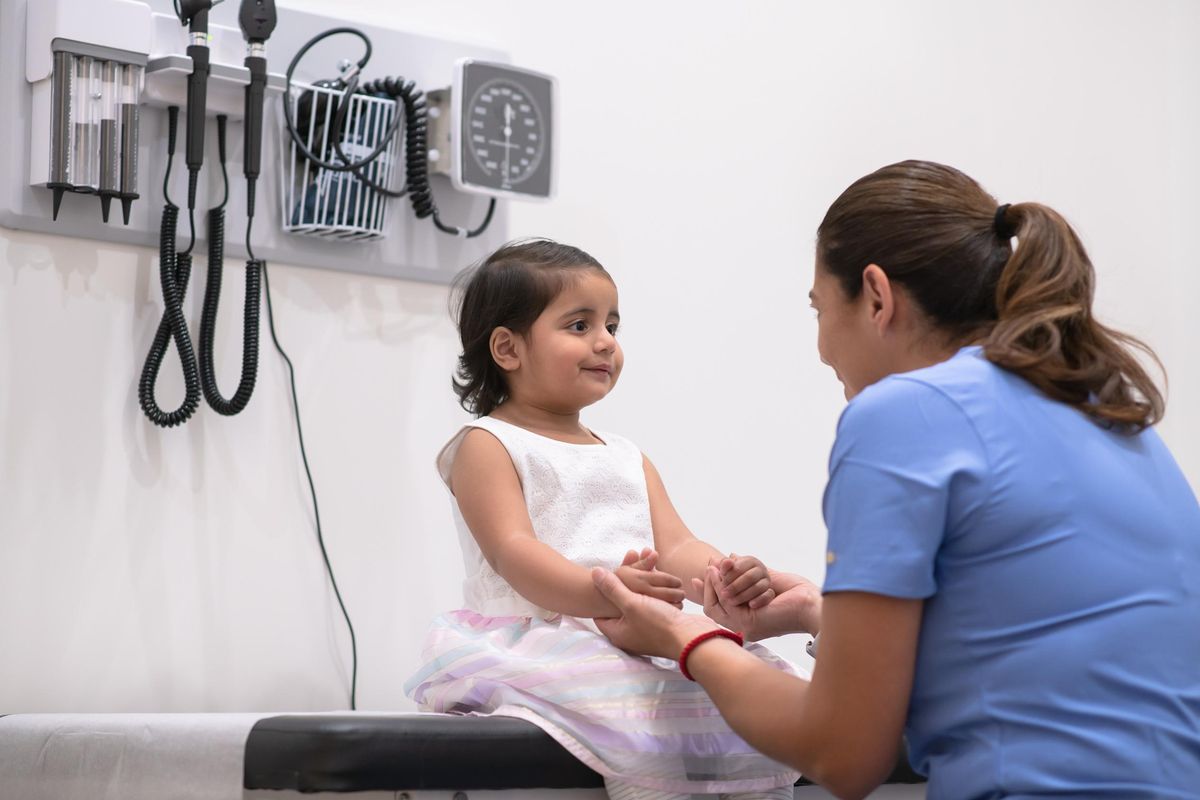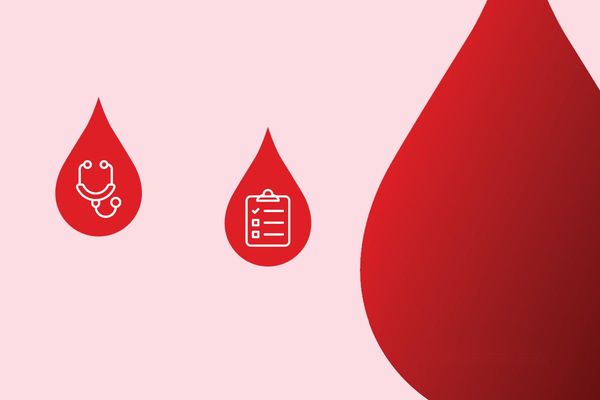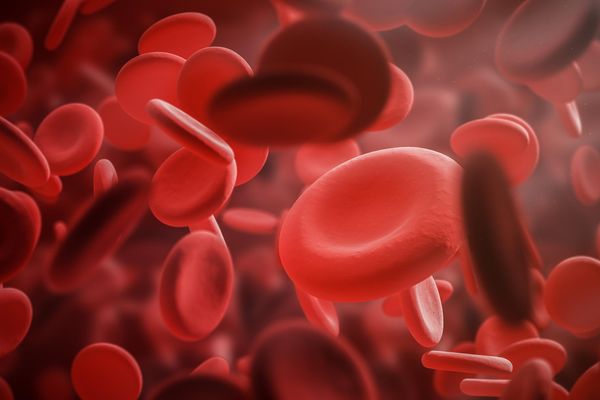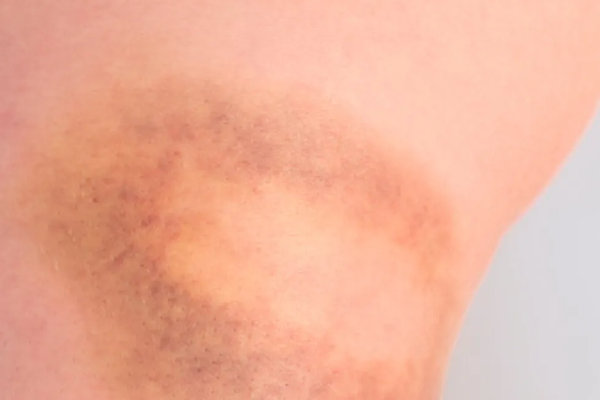Q:
My daughter has von Willebrand disease. What can I do to keep her safe and help her lead a normal life?
A:
If your daughter has von Willebrand disease (VWD) that's severe enough to cause bleeding, anyone who cares for her should be told about the condition. This may include her day-care provider, teacher, school nurse, babysitters, coaches or leaders of any activities in which she participates. This knowledge will prepare them to act quickly if your child has an injury.
Tell all of your daughter's health care professionals—doctors, specialists, dental professionals (including hygienists and orthodontists) and pharmacists—that she has VWD. Be sure to maintain regular follow-up with the pediatric hematologist who manages her care.
Since von Willebrand disease is hereditary, you may be familiar with many of the steps you can take to ensure a full and rewarding life. These same precautions will apply to your daughter:
- Avoid over-the-counter medicines that affect blood clotting, such as aspirin, ibuprofen and other nonsteroidal anti-inflammatory drugs (also known as NSAIDs). Always check with her doctor before she takes any medicines.
- Wear a medical ID bracelet or necklace with more severe forms of VWD. In case of accident or injury, this can provide valuable information for the health care team.
- Maintain good dental hygiene because poor dental hygiene is associated with increased bleeding from the gums.
- Stay physically active and maintain a healthy weight. Safe physical activities include swimming, biking and walking. People with VWD may need to avoid contact sports like soccer, field hockey or basketball. Always check with her doctor before your daughter starts any new exercises or sports.
- Consider medications if menstrual periods cause excessive bleeding.
This resource was developed with the support of CSL Behring.
- Von Willebrand Disease and Pregnancy ›
- Making Sure von Willebrand Disease Doesn't Hinder Me as a Mom or My Kids ›
- HealthyWomen Asks: Do You Know the Signs and Symptoms of Von Willebrand Disease (VWD)? ›
- Understanding von Willebrand Disease: Do You Know the Signs? ›
- 5 Signs and Symptoms of von Willebrand Disease ›







